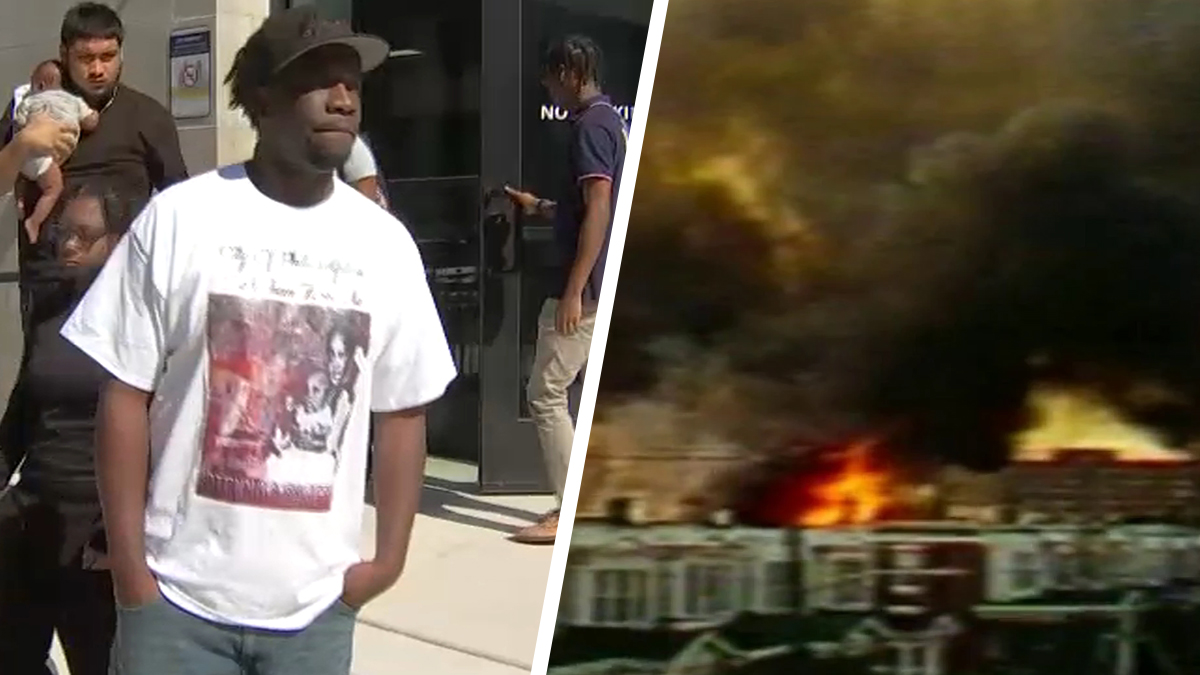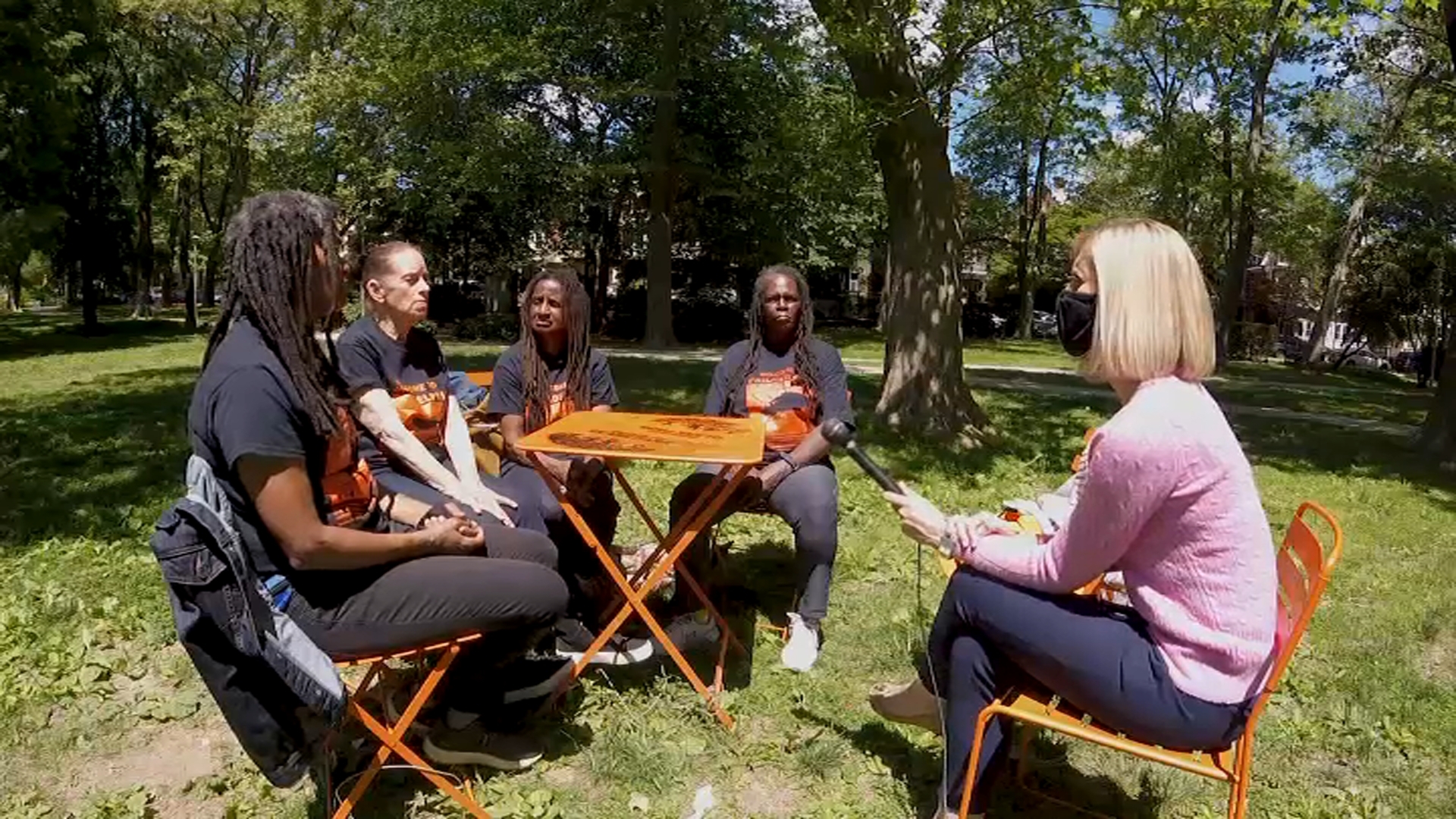The death of five children and six adults when Philadelphia officials infamously ordered the bombing of a home in 1985 was not accidental but instead homicide, the city now acknowledges.
The death certificates of the 11 victims of the MOVE bombing have now been amended, having for decades prior indicated that their deaths were accidental. The move was approved by the Pennsylvania Department of Health, after the Philadelphia Medical Examiner’s Office asked for the change following a request for a review of the cases by the city health commissioner.
“[Acting Medical Examiner] Dr. Chu reviewed the cases, agreed with the independent report about the need for a change, and submitted the amendments to the state within a few days of the report’s release,” a spokeswoman for Philadelphia Mayor Jim Kenney confirmed Thursday to NBC10, referencing a report released in June which recommended that all 11 victims’ causes of death be ruled homicides, not accidents.
The Philadelphia Inquirer was first to report the amended death certificates, noting that the manner of death has now been changed to “homicidal violence.”
Get Philly local news, weather forecasts, sports and entertainment stories to your inbox. Sign up for NBC Philadelphia newsletters.
The move is the latest step Philadelphia has taken to atone for one of the darkest days in its history, with the bombing and subsequent handling of the victims’ remains for years proving a source of controversy and sorrow
On May 13, 1985, the City of Philadelphia ordered the bombing of a home housing members of the revolutionary, back-to-nature group in the Cobbs Creek neighborhood following a standoff and shootout with police. The bombing culminated with a city block going up in flames.
Last year, MOVE members learned that that decades ago, the city medical examiner gave human remains from the bombing site to Penn Museum for identification, sparking protests and outrage.
Former health commissioner Thomas Farley later revealed that he had ordered the remains, thought to be bone fragments, cremated in 2017. However, the remains were not destroyed after all. A subordinate of Farley's in 2017 decided not to follow the commissioner's orders and saved the remains, a lawyer involved with the family of the victims said.
The ordeal led to Farley’s ouster.
Some of the remains were eventually returned to other members of the Africa family. In August, the city returned the remains of two child victims of the bombing to their brother.



